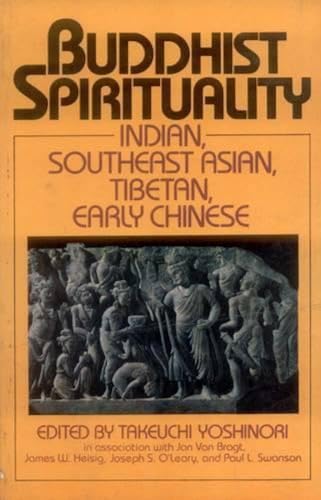1 0 0 0 OA 武内先生とキリスト教
- 著者
- Jan Van Bragt
- 出版者
- 宗教哲学会
- 雑誌
- 宗教哲学研究 (ISSN:02897105)
- 巻号頁・発行日
- vol.18, pp.91-96, 2001 (Released:2019-03-21)
1 0 0 0 OA 田辺と宗教と哲学
- 著者
- Jan Van Bragt
- 出版者
- 宗教哲学会
- 雑誌
- 宗教哲学研究 (ISSN:02897105)
- 巻号頁・発行日
- vol.8, pp.1-16, 1991 (Released:2018-03-21)
This article is a reworked version of a talk given at the yearly Meeting in Commemoration of Nishida and Tanabe, on June 2,1990. It centers on the reactions to the ideas of the “Kyoto School of Philosophy, which have recently been forthcoming from Western scholars. After a brief investigation of the way Tanabe’s ideas on God and salvation are received by Pure Land Buddhists and Christians respectively, the focus shifts to the Kyoto School as a whole (still, with special emphasis on Tanabe). Western objections seem to be directed mainly against what is here called the “presuppositions” of the Kyoto Philosophy. 1) A (too) strong unity of philosophy and religion; 2)A (too) “light” sense of the reality of this world; 3) The idea that truth and true religion can be found only in perfect unity; 4) The acceptance of the possibility of a dialectical turn-about from nothingness to being; 5) The conviction of the superiority of nothingness over being. It looks like the Eastern idea of nothingness and the Western idea of being will have to come to a real mutual mediation-something which, on the one side, is already happening to some degree through the influence of the Kyoto Philosophy on Christian theology.

